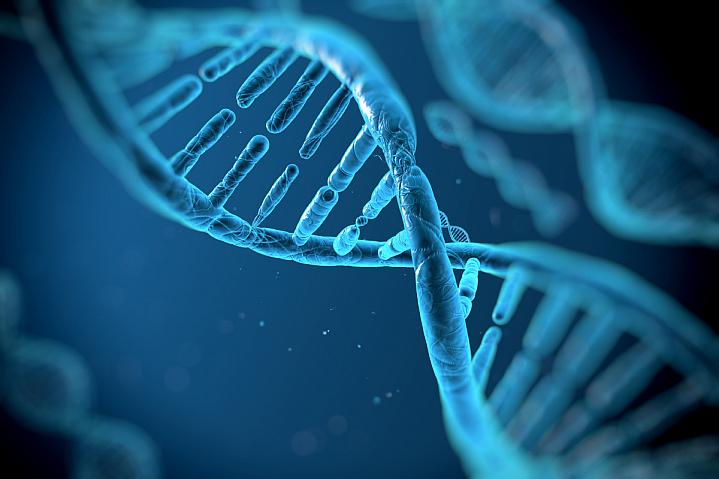Health Capsule
Getting a Genetic Test
 Svisio/iStock/Thinkstock
Svisio/iStock/ThinkstockYour doctor may suggest a genetic test to detect your risk of certain health problems, such as cancer. If you have symptoms of a disease, a genetic test may help with diagnosis.
Genetic testing looks for changes in genes. It’s usually done in a lab using a blood sample. Thousands of genetic tests are currently available.
Deciding whether to get a genetic test isn’t easy. It’s important to consider what you may learn. Test results can be a relief. They may give you peace of mind to know that you don’t carry a genetic change linked to a certain disease.
But test results can be alarming, too. Learning that you’re at risk of developing a certain disease may make the future seem uncertain. Keep in mind that such results may not mean that you’ll get that disease.
Genetic counselors are one type of health professional who can help you understand the risks and benefits of genetic testing. Your doctor may refer you to one. They can help you decide whether to undergo testing. And they can help explain what test results mean.
Learn more about genetic testing.
NIH Office of Communications and Public Liaison
Building 31, Room 5B52
Bethesda, MD 20892-2094
nihnewsinhealth@od.nih.gov
Tel: 301-451-8224
Editor: Harrison Wein, Ph.D.
Managing Editor: Tianna Hicklin, Ph.D.
Illustrator: Alan Defibaugh
Attention Editors: Reprint our articles and illustrations in your own publication. Our material is not copyrighted. Please acknowledge NIH News in Health as the source and send us a copy.
For more consumer health news and information, visit health.nih.gov.
For wellness toolkits, visit www.nih.gov/wellnesstoolkits.



